Posted on 6/27/2025
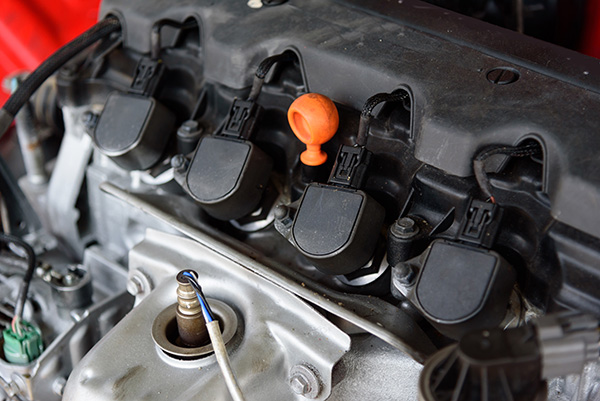
You’re driving along when your car suddenly stumbles, hesitates, or feels like it’s lost power for a moment. This could be the unmistakable sign of an engine misfire. Though the term sounds intimidating, a misfire simply means that one or more cylinders in your engine aren’t firing properly. The combustion process has been interrupted, and the engine struggles to run as smoothly and efficiently as it should. While your vehicle may still run after a misfire, ignoring the problem can lead to worse fuel economy, poor performance, and even permanent engine damage. Understanding what causes misfires is the first step toward resolving them quickly. What Does an Engine Misfire Feel Like Misfires can present themselves in different ways depending on when they occur. You might notice a rough idle, hesitation when accelerating, or a sudden jerk while cruising. Some vehicles may trigger the check engine light right away, especially if the misfire is persisten ... read more
Posted on 5/30/2025
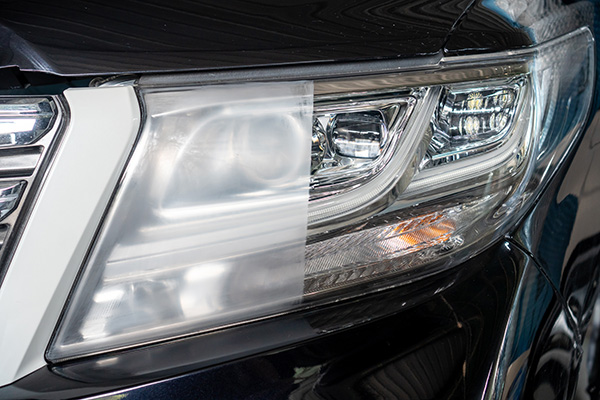
Faded, yellowed, or cloudy headlights don’t just make your car look older but also reduce nighttime visibility and compromise your safety. Over time, the clear plastic lenses that protect your headlights can become dull due to sun exposure, weather, and road debris. When that happens, the light output from your headlamps drops significantly, and your ability to see the road clearly is affected. Professional headlight restoration can reverse this damage, restoring both the look and function of your lights. It’s a simple service that can make a big difference on the road and for your vehicle’s appearance. Why Headlights Become Cloudy Most modern vehicles use polycarbonate plastic for the headlight lenses. While this material is durable, it’s also vulnerable to UV damage. From the moment your car leaves the lot, the sun begins to wear away the protective coating on the lenses. Over time, this leads to oxidation, which causes the surface to turn ... read more
Posted on 4/28/2025
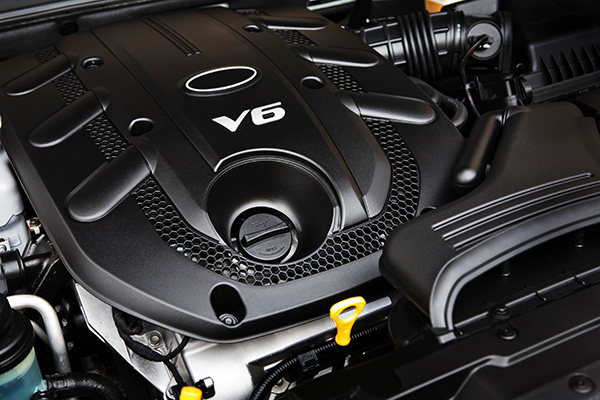
Hearing a rattle right after you start your engine? It might be easy to brush off—especially if the noise fades after a few seconds—but it could be your car’s way of warning you. Start-up rattles are often early signs of wear or mechanical trouble. Ignoring them can lead to major damage and costly repairs. Here’s what that noise might be telling you and why it’s worth paying attention. What Causes Rattling at Start-Up A rattling noise during start-up usually comes from moving parts under the hood that aren’t properly lubricated or aligned. The sound is most noticeable right after turning the key, especially if the vehicle has been sitting overnight. Once the engine warms up, oil circulates and the noise may go away—but that doesn’t mean the problem is resolved. Some common causes of start-up rattles include: 1. Worn Timing Chain or Tensioner A loose or stretched timing chain can create a brief rattlin ... read more
Posted on 4/4/2025
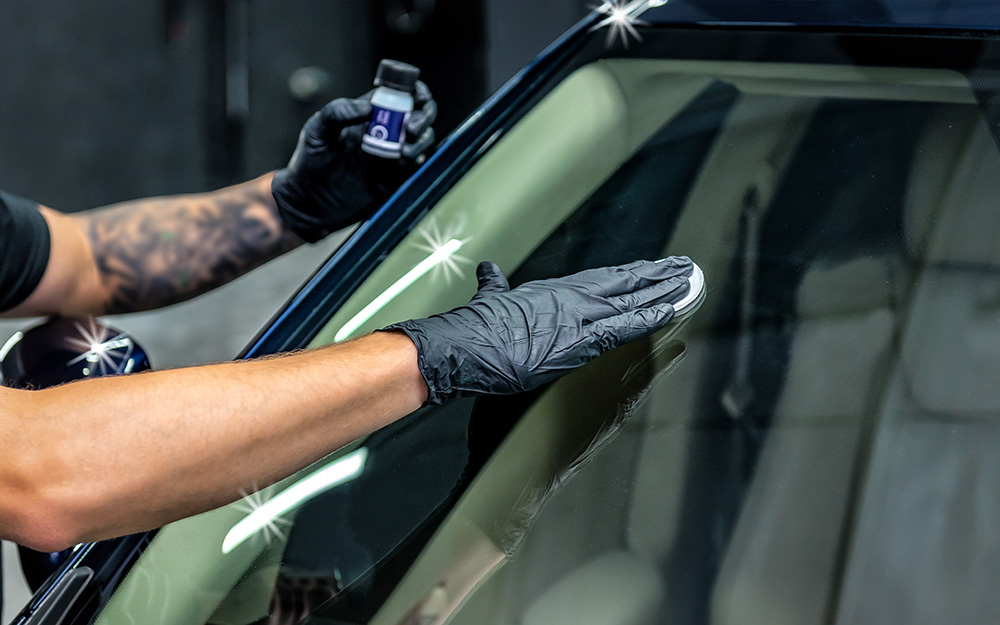
Two Ways to Instantly Improve Visibility and Safety This Spring Posted April 3, 2025 As winter fades, your vehicle may be showing signs of seasonal wear—especially when it comes to safety-critical components like wipers and headlights. The combination of snow, road salt, and low temperatures takes a toll, often leaving behind streaky glass, foggy headlights, and grime-coated windshields. With spring rains on the way and longer daylight hours returning, now is the ideal time to restore both clarity and confidence behind the wheel. At Tom’s Auto Center, we offer two fast, affordable services that instantly enhance your visibility and driving safety—all in one quick visit. 1. See the Road Clearly – Premium Wiper Service + Hydrophobic Windshield Coating What Winter Left Behind: Winter’s harsh conditions cause major wear on wiper blades. Exposure to salt and snow leads to: Wipers that streak or skip across the windshield Reduced visibility in rai ... read more
Posted on 3/28/2025
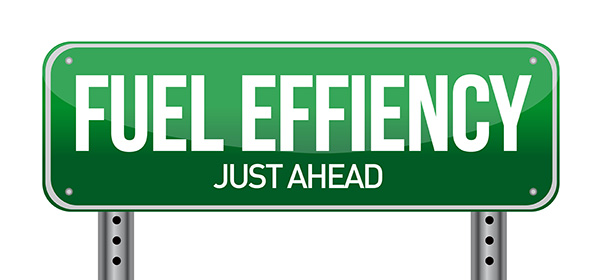
With gas prices constantly fluctuating, finding ways to save at the pump is always a win. But that doesn’t mean you need to drive like a hyper-miler or drastically change your habits. In fact, many of the best ways to save on fuel are surprisingly simple—and often overlooked. Whether you’re commuting daily or just taking occasional trips, small adjustments in how you drive and care for your car can add up to real savings over time. Keep Your Tires Properly Inflated One of the easiest ways to save on gas? Make sure your tires have the right air pressure. Underinflated tires increase rolling resistance, which makes your engine work harder and burn more fuel. It doesn’t take a special trip to the shop—just check your tire pressure monthly and top them off as needed. Your owner’s manual or the sticker inside your door frame will tell you the rig ... read more